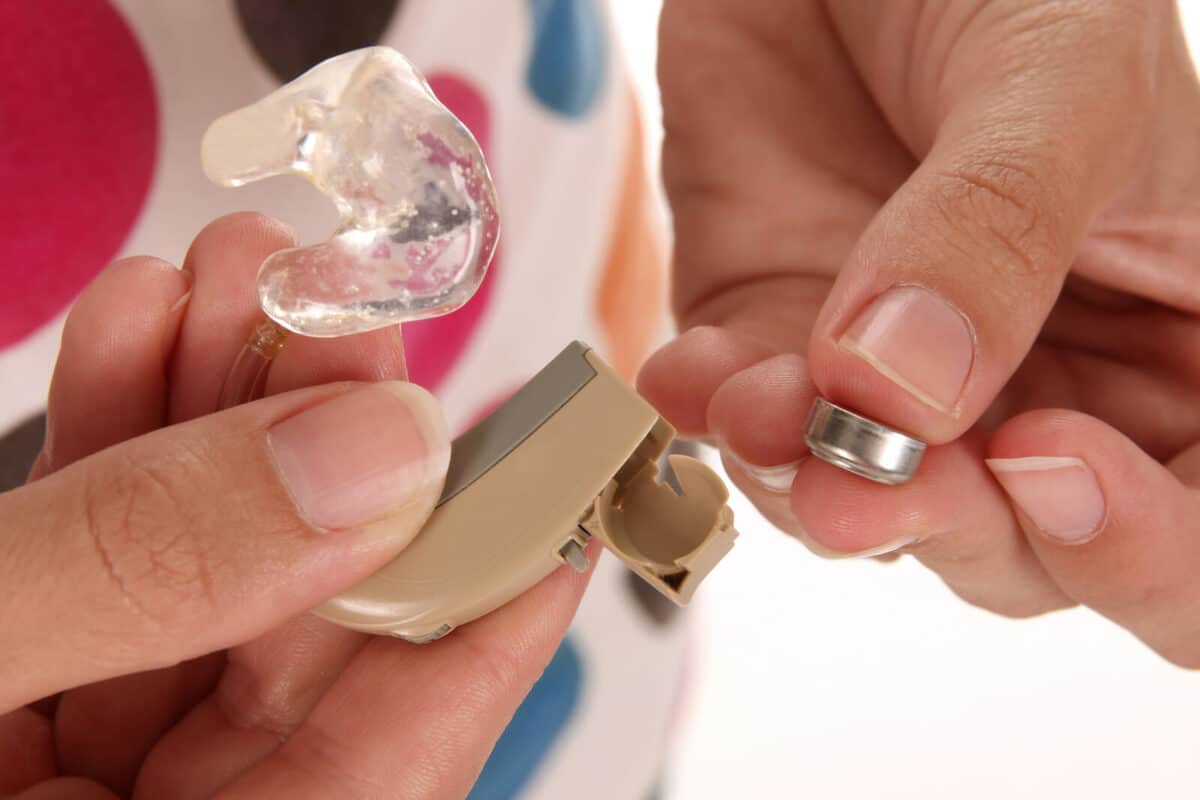- Can Swimming With Hearing Aids Be Safe? - May 7, 2025
- Why Hydration Matters for Hearing Health - April 9, 2025
- Ensuring Safe Travels with Hearing Aids - March 7, 2025
For those navigating the world with hearing aids, the lifespan of these essential devices is a topic of keen interest. Understanding how long hearing aids typically last and the factors influencing their durability is crucial if you rely on hearing aids.
The Typical Lifespan of Hearing Aids
The average lifespan of hearing aids ranges from 3 to 7 years. However, this estimate is influenced by various factors, and individual experiences may vary. Some users may find their devices functioning well beyond the 7-year mark, while others may encounter challenges earlier.
Technological Advancements
Rapid advancements in hearing aid technology contribute to the evolution of devices over time. As technology improves, users may choose to upgrade to newer models with enhanced features, even if their current hearing aids are still functional.
Changes in Hearing Needs
Changes in hearing needs, such as a shift in the degree of hearing loss, can prompt users to consider upgrading to hearing aids that better address their hearing requirements.
Factors Influencing Hearing Aid Lifespan
Here are some of the top factors that can influence your hearing aids:
- Build Quality: The overall quality of hearing aids plays a critical role in durability. High-quality materials and robust construction contribute to a longer lifespan.
- Technological Complexity: The complexity of the technology within hearing aids can impact their lifespan. Advanced features and intricate components may be more prone to wear and tear over time.
- Moisture and Environmental Exposure: Exposure to moisture, whether from sweat, humidity, or accidents, can affect the internal components of hearing aids. Moisture-resistant models and proper care can mitigate these risks.
- Regular Maintenance: The lifespan of hearing aids is significantly influenced by how well they are maintained and cared for. Regular cleaning, proper storage, and following maintenance guidelines can extend the longevity of these devices.
- Daily Usage: The frequency and duration of daily use also plays a role in wear and tear. Hearing aids used consistently throughout the day may experience more stress compared to those used less frequently.
- Impact of Physical Activities: Individuals engaged in physically demanding activities, such as sports or labor-intensive work, may subject their hearing aids to greater physical stress. Proper protection and consideration of these activities can help preserve the devices.
- Upkeep of Technology: As hearing aid technology evolves, manufacturers may discontinue support and maintenance for older models. This can influence the lifespan, as users may encounter challenges obtaining repairs or replacement parts.
Maintaining and Extending the Lifespan
The good news is that you can have a lot of control over the longevity of your hearing devices. Here’s how:
- Follow Manufacturer Guidelines: Follow the manufacturer’s guidelines for cleaning, storage, and maintenance. These guidelines are tailored to the specific design and technology of each hearing aid.
- Invest in Moisture Protection: Consider investing in moisture protection accessories, such as drying kits or dehumidifiers. These tools help remove moisture and prevent internal damage caused by exposure to damp conditions.
- Handle with Care: Handle your hearing aids with care to avoid unnecessary physical stress. Avoid dropping them and be mindful of safe storage when not in use.
- Regular Check-ups: Schedule regular check-ups with your hearing health specialist to assess the condition of your hearing aids. Professional evaluations can identify potential issues early on and ensure optimal performance.
- Battery Replacement: Replace hearing aid batteries as recommended by the manufacturer. Using expired or low-quality batteries can impact the device’s performance and contribute to a shorter lifespan.
- Protection during Outdoor Activities: When engaging in outdoor activities, especially those that involve exposure to elements like rain or snow, take precautions to protect your hearing aids. Utilize accessories like wind protectors and covers to shield them.
Enhancing Longevity for Hearing Aids
The lifespan of hearing aids is influenced by a combination of factors, including build quality, maintenance, and technological advancements. By understanding these factors and adopting proactive measures, users can nurture the longevity of their hearing aids.
Regular care, adherence to manufacturer guidelines, and strategic upgrades all contribute to a positive hearing aid experience. Remember, your hearing aids are invaluable tools that enhance your daily life. Investing time and attention into your devices ensures they continue to serve you for years to come. Visit us today to learn more about your devices.

